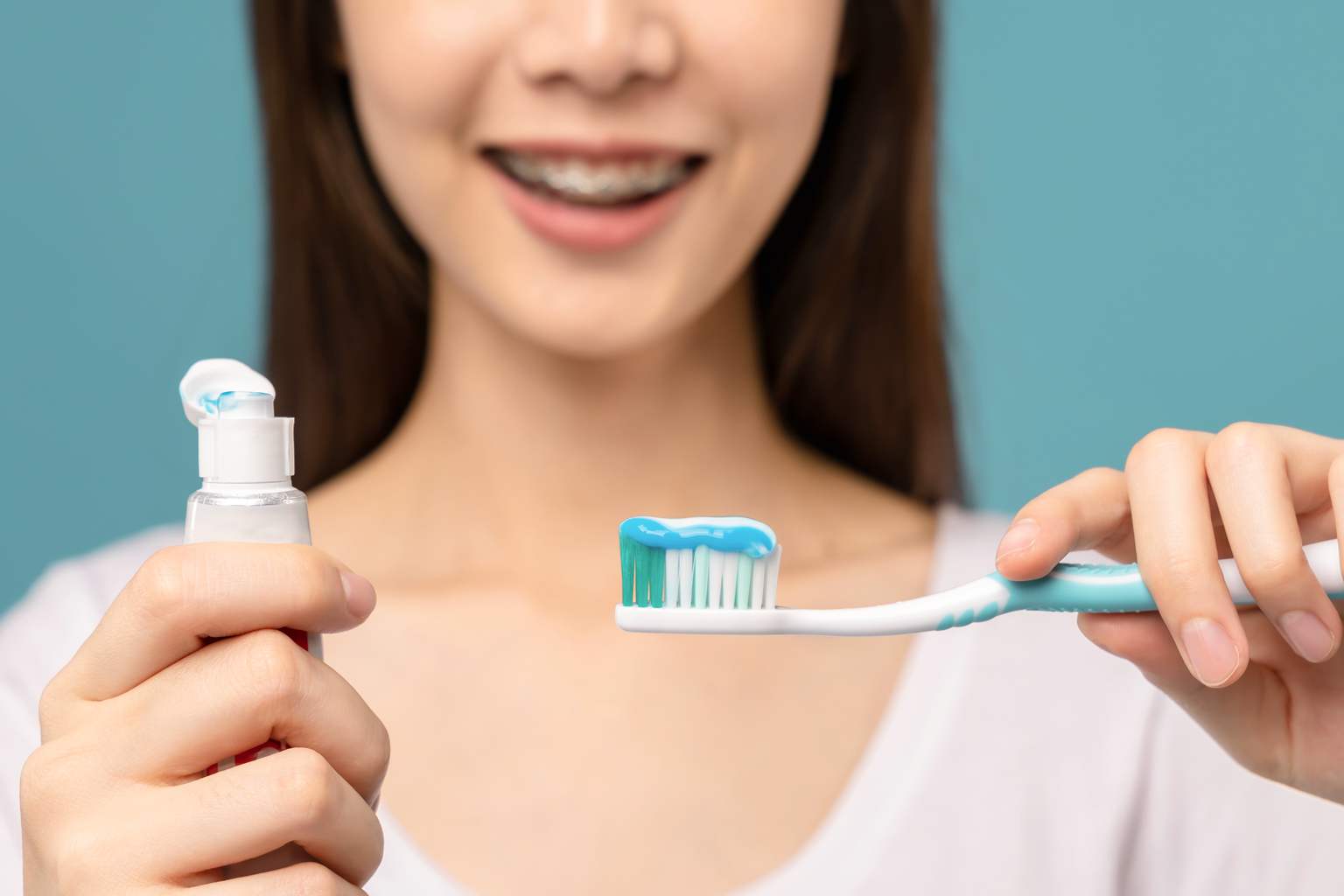After you finish your breakfast, reaching for your toothbrush might seem like the natural next step. But what if brushing right away is actually harming your teeth? If you’ve ever wondered why dentists warn against instant cleaning after eating, you’re about to discover an important, easy change that can save your tooth enamel from wearing away faster.
Why brushing immediately after breakfast can damage your enamel
Many of us don’t realize how sensitive the protective outer layer of our teeth, called enamel, becomes right after eating. When you consume acidic foods or drinks like orange juice, coffee, or fruit, your mouth’s pH temporarily drops. This creates a softening effect on the enamel, making it vulnerable.
Brushing your teeth during this softened state can actually wear down your enamel more quickly because you’re scrubbing a delicate surface. Imagine trying to scrub off paint from a wall while it’s still wet—you’re more likely to damage it than clean it gently. This is why dentists advise waiting before brushing.
How long to wait to protect your teeth and why it matters
Dentists recommend waiting at least one hour after your meal before you brush your teeth. This pause lets your natural saliva do its work. Saliva helps neutralize the acidic environment in your mouth, restoring a balanced pH and allowing the enamel to harden again.
During this waiting period, you don’t have to just sit and wait. Rinsing your mouth with plain water or swishing can help remove food particles and reduce acidity. This simple step freshens your breath and decreases the potential damage until it’s safe to brush.
I remember once brushing my teeth right after drinking a glass of lemonade. It felt refreshing, but within a few days, I noticed heightened sensitivity in my teeth. After learning about the enamel-softening effect and changing my routine, my discomfort disappeared, reinforcing how critical this small timing change is.
Tips for keeping your enamel strong and healthy
Besides timing your brushing correctly, you can take other steps to boost your enamel health. Drinking water throughout the day keeps your saliva flowing and helps flush out harmful acids. Opt for a soft-bristled toothbrush to prevent excessive enamel abrasion during cleaning.
Try not to brush too hard. Brushing gently but thoroughly is more effective than scrubbing aggressively. Also, consider using toothpaste formulated to strengthen enamel and reduce sensitivity.
Have you ever noticed sensitivity or enamel wear after changes in your diet or habits? It’s a great indicator that your enamel needs some extra care. What changes could you try today to protect your teeth better?
Your mouth unleashes a natural protective cycle every day. Learning to listen and work with it—not against it—can save your teeth from unwanted damage. Why not share your experiences or questions below? Let’s help each other keep our smiles healthy and bright!
